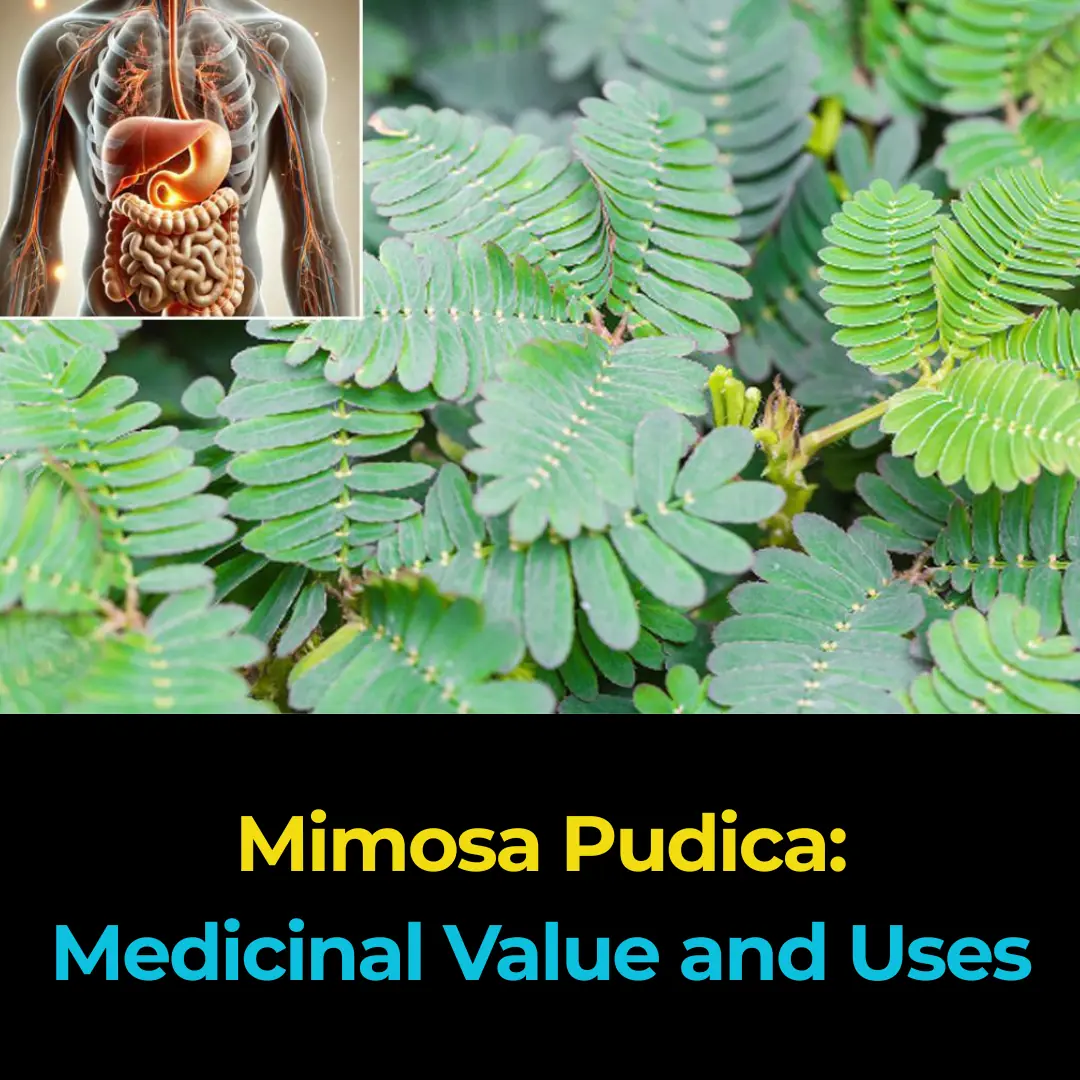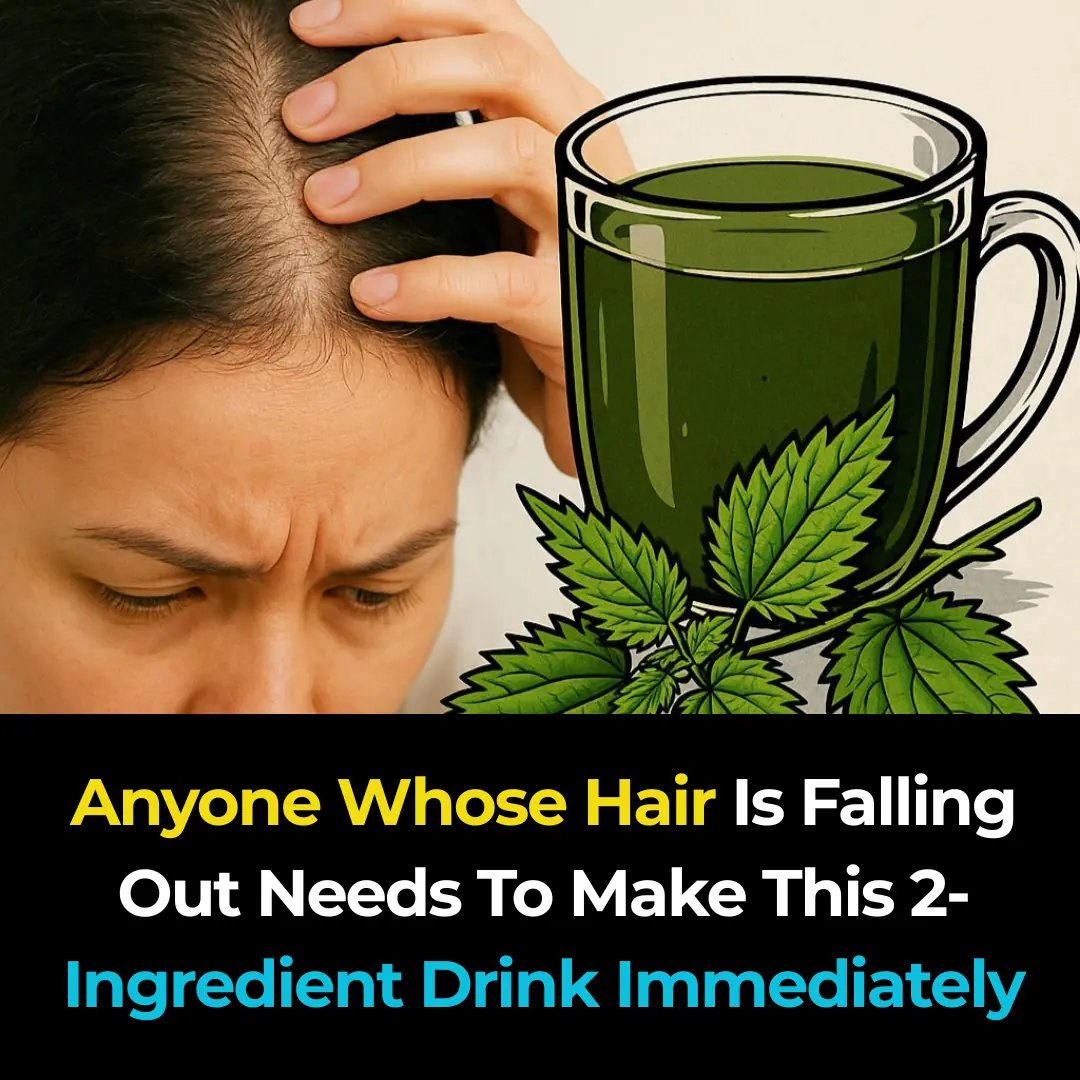
A Blood Clot Can Lead to a Heart Attack, Thrombosis, or a Stroke. Discover 16 Powerful Blood-Thinning Foods You Need
Blood clots are a silent threat that can strike without warning. While clotting is a natural and necessary process to prevent excessive bleeding, abnormal blood clots that form inside the blood vessels can have devastating consequences. A clot that travels to the heart may result in a heart attack. If it moves to the brain, it can cause a stroke. When it blocks blood flow in the legs or lungs, it may lead to conditions such as deep vein thrombosis (DVT) or pulmonary embolism.
The good news? You can reduce your risk naturally. A healthy lifestyle, combined with certain foods known for their blood-thinning properties, can help keep your arteries clear and your blood flowing smoothly. Below, we explore the dangers of blood clots and introduce 16 powerful blood-thinning foods you should consider including in your diet.
The Hidden Danger of Blood Clots
Blood clots can form for several reasons: a sedentary lifestyle, smoking, obesity, certain medications, and underlying health conditions like atrial fibrillation or high cholesterol. Often, people don’t realize they have a clot until symptoms become severe. These may include swelling, pain, redness, or sudden shortness of breath. In the case of stroke, symptoms can appear suddenly—such as slurred speech, vision problems, or loss of movement on one side of the body.
Prevention is key, and one of the easiest ways to help prevent clot formation is through diet.
Natural Blood Thinners in Your Kitchen
While prescription blood thinners exist and are often essential for high-risk patients, nature offers many effective alternatives. Here are some of the most powerful blood-thinning foods:
-
Garlic – Contains allicin, which helps reduce platelet aggregation and improves circulation.
-
Turmeric – Its active compound curcumin has strong anti-inflammatory and anticoagulant properties.
-
Ginger – Known to block the enzyme that promotes clotting.
-
Cayenne Pepper – Contains capsaicin, which can help lower blood pressure and thin the blood.
-
Salmon & Fatty Fish – Rich in omega-3 fatty acids that reduce blood viscosity.
-
Cinnamon – Contains coumarin, a natural blood-thinner that must be consumed in moderation.
-
Pineapple – Packed with bromelain, an enzyme that breaks down fibrin, a key component of clots.
-
Tomatoes – Help reduce blood clot risk thanks to natural salicylates.
-
Berries (blueberries, strawberries) – High in antioxidants that protect blood vessels and reduce inflammation.
-
Dark Chocolate – Improves blood flow and reduces clotting risk (when consumed in moderation).
-
Red Wine – In small amounts, it may help improve circulation due to resveratrol.
-
Green Tea – Contains catechins that support heart health and circulation.
-
Olive Oil – Reduces inflammation and improves vascular function.
-
Onions – Natural anti-inflammatory and anticoagulant effects.
-
Grapes – Contain flavonoids and resveratrol, which help prevent clots.
-
Nuts (especially almonds and walnuts) – Contain healthy fats and vitamin E that promote blood thinning.
Proceed with Caution
While these foods can help reduce your risk of clot formation, it’s important to be cautious—especially if you’re already taking blood-thinning medications like warfarin. Combining certain foods with medications can lead to excessive bleeding or other complications. Always consult your doctor before making significant changes to your diet or supplement routine.
Conclusion
A blood clot can be life-threatening if not caught in time. But nature gives us tools to protect ourselves—starting with the foods we eat. By incorporating blood-thinning foods into your daily meals and maintaining an active lifestyle, you can dramatically lower your risk of heart attacks, strokes, and thrombosis. Prevention begins with awareness—and action. Don’t wait until it’s too late. Your health is in your hands, and what you put on your plate matters more than you might think.
News in the same category


13 Detox Foods To Flush Out Toxins, Fight Cancer Cells And Relentlessly Hunt Free Radicals
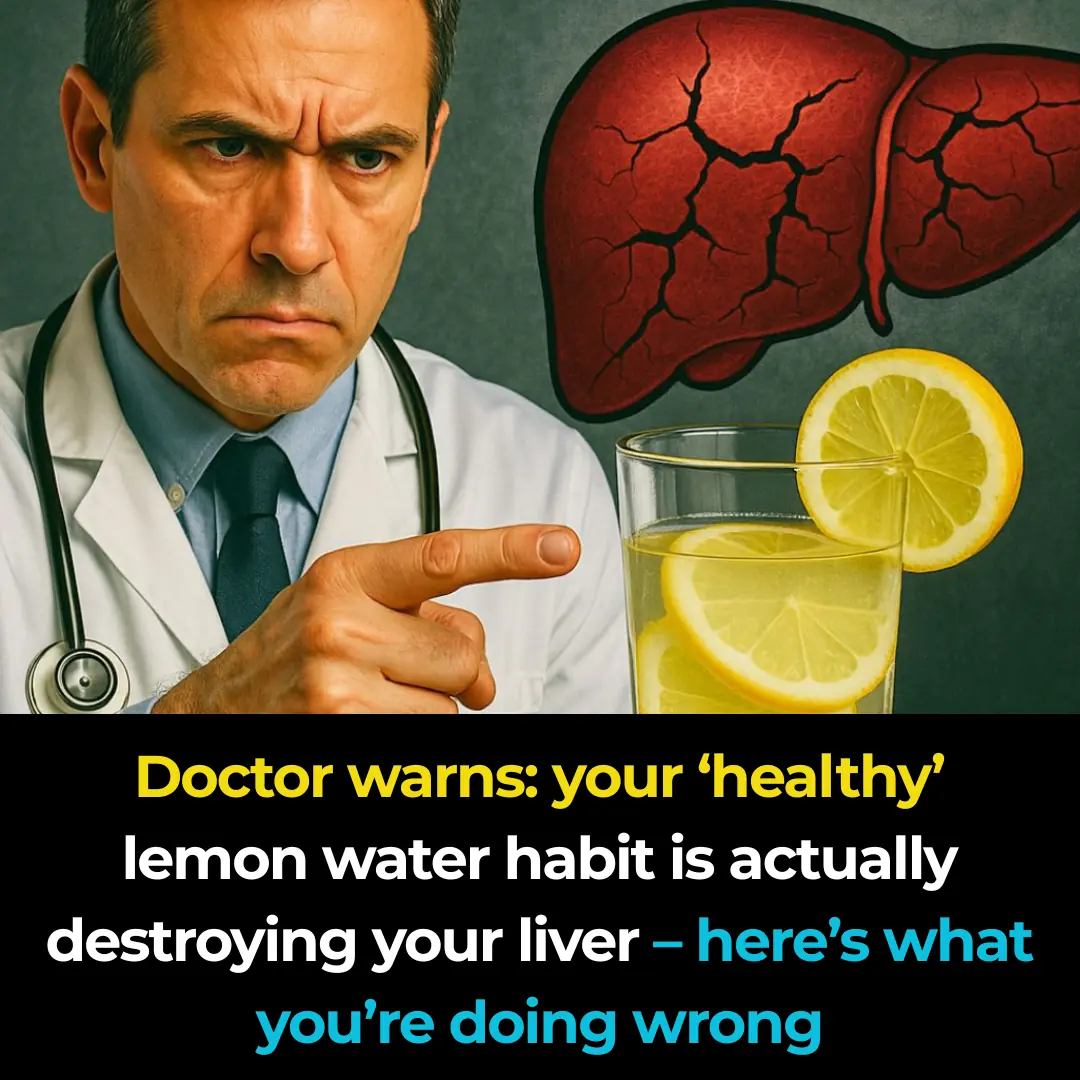
Doctor warns: your ‘healthy’ lemon water habit is actually destroying your liver – here’s what you’re doing wrong

Gentle Stretches to Relieve Sciatica Pain
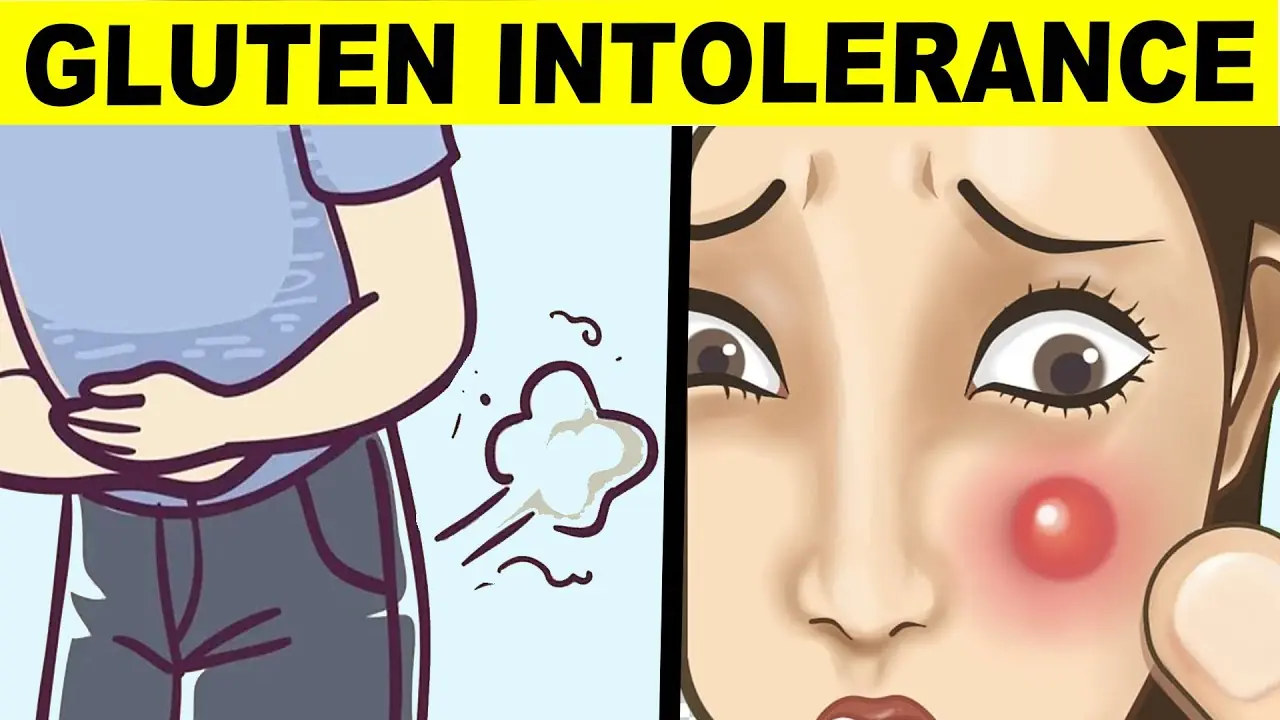
Surprising Signs You're Actually Gluten Intolerant

6 Surprising Reasons Why Your Feet Are Cold
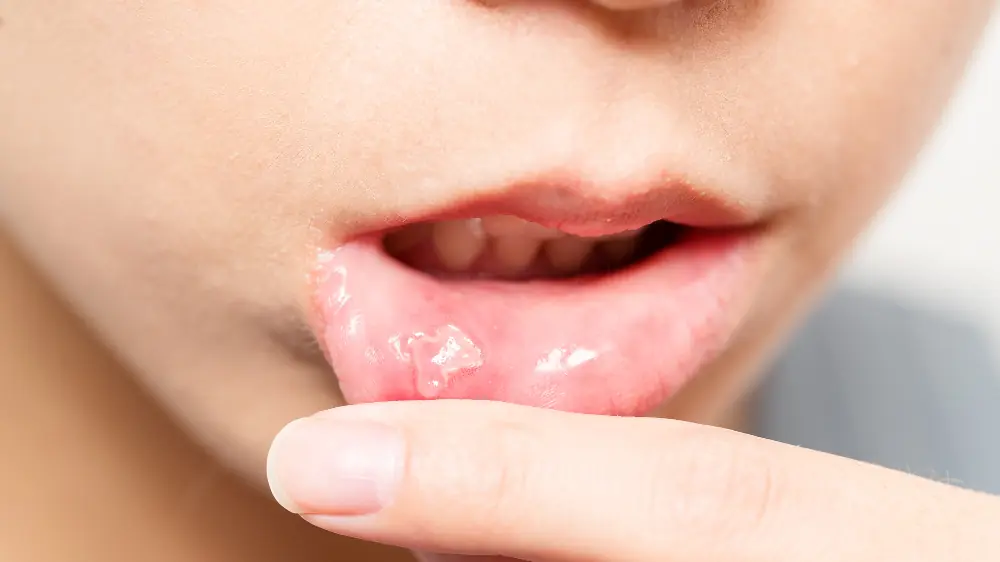
Cold Sores: How to Reduce Symptoms and Speed Up Recovery

52-year-old man died of diabetes, doctor advised: 4 types of breakfast should be removed from the table

This drink helps reduce gastroesophageal reflux and heartburn effectively

This Courageous Woman Says Experiencing a Stroke Was the Best Thing That Ever Happened to Her

8 Reasons for Dark Circles That Aren’t Due to Lack of Sleep
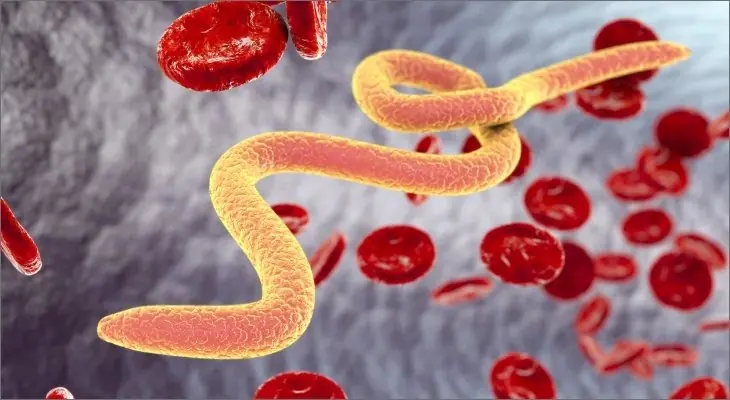
Always Tired, Bloated, or Foggy? This Can Be Why… Follow This Parasite Cleanse Diet
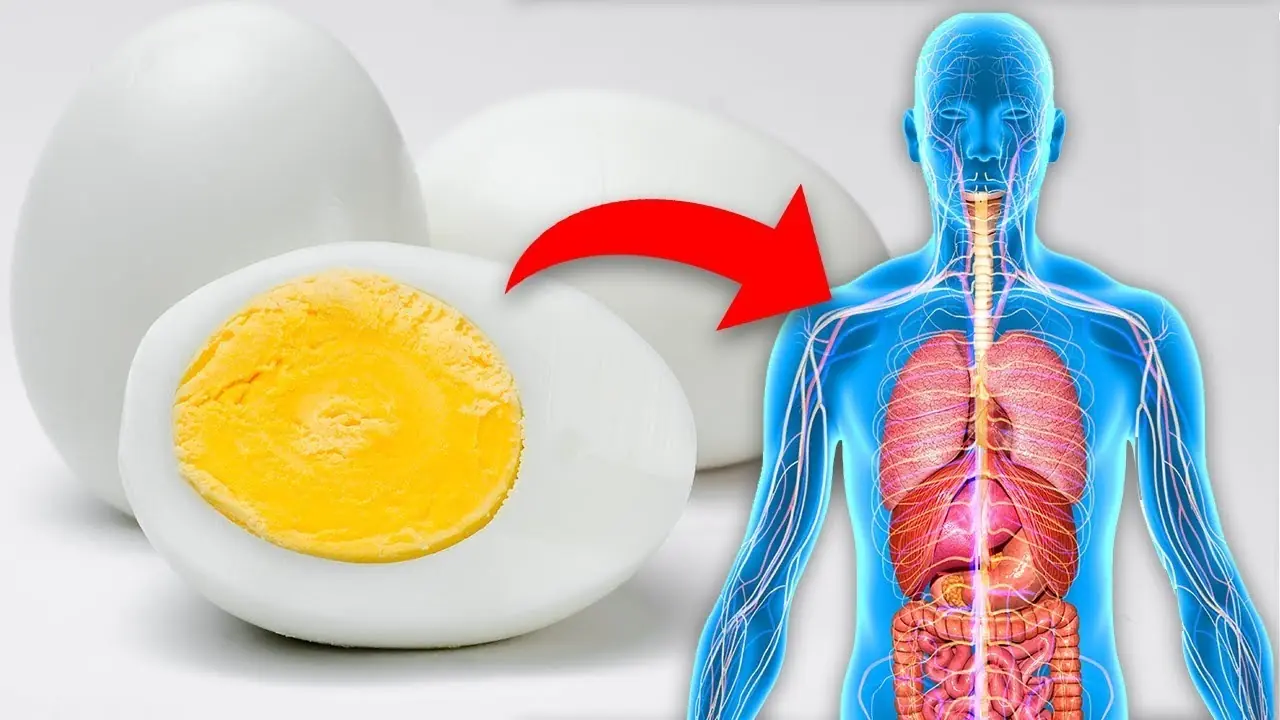
Here’s What Happens to Your Body When You Eat Two Eggs a Day. I Would Have Never Believed No. 4… Unbelievable!!!

WARNING: Your Fingernails Are Trying to Tell You Something—Don’t Ignore These Signs!

Symptoms That Can Be Caused by Stress
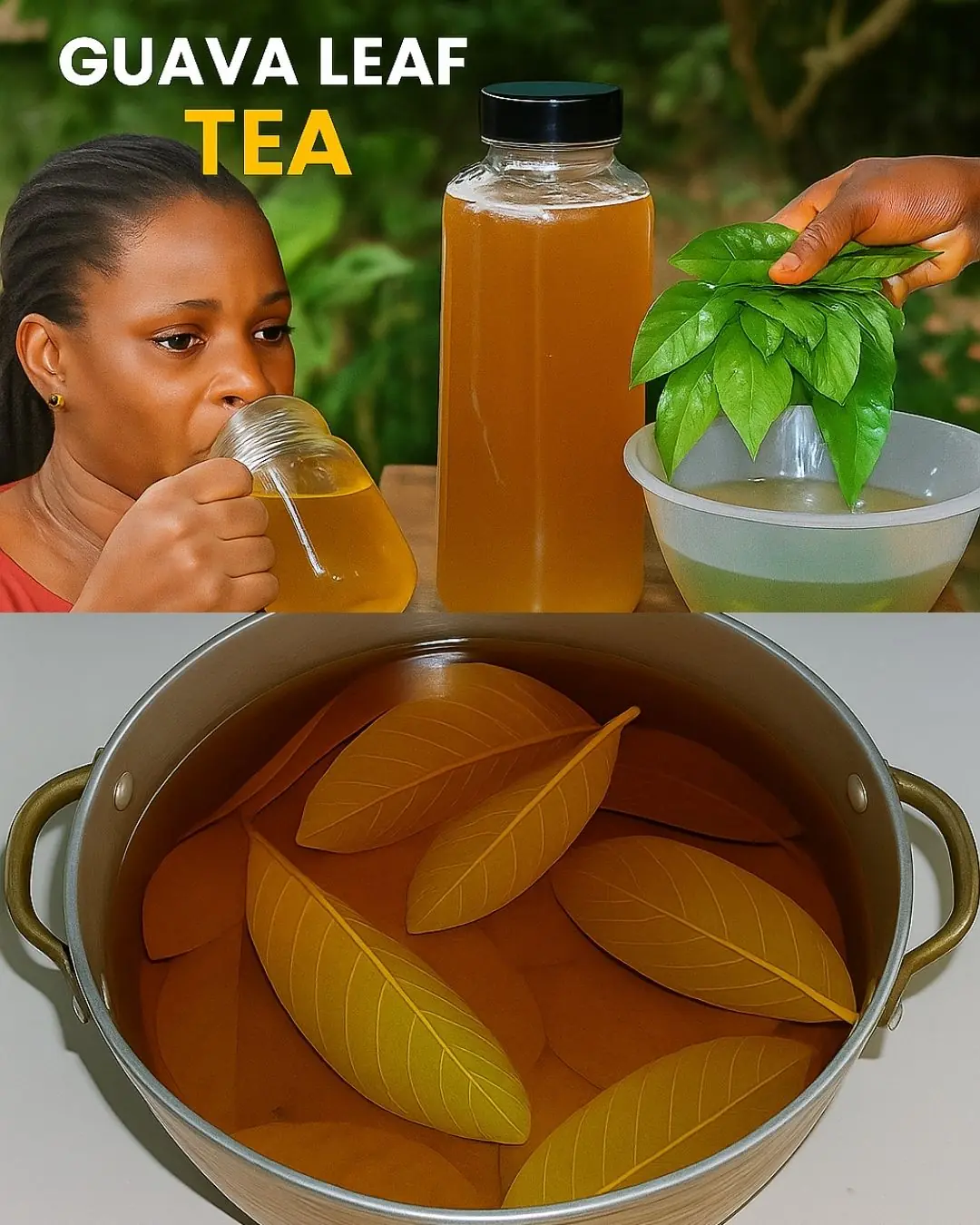
🌿 17 Health Conditions That May Benefit from Guava Leaf Tea + Easy Homemade Recipe
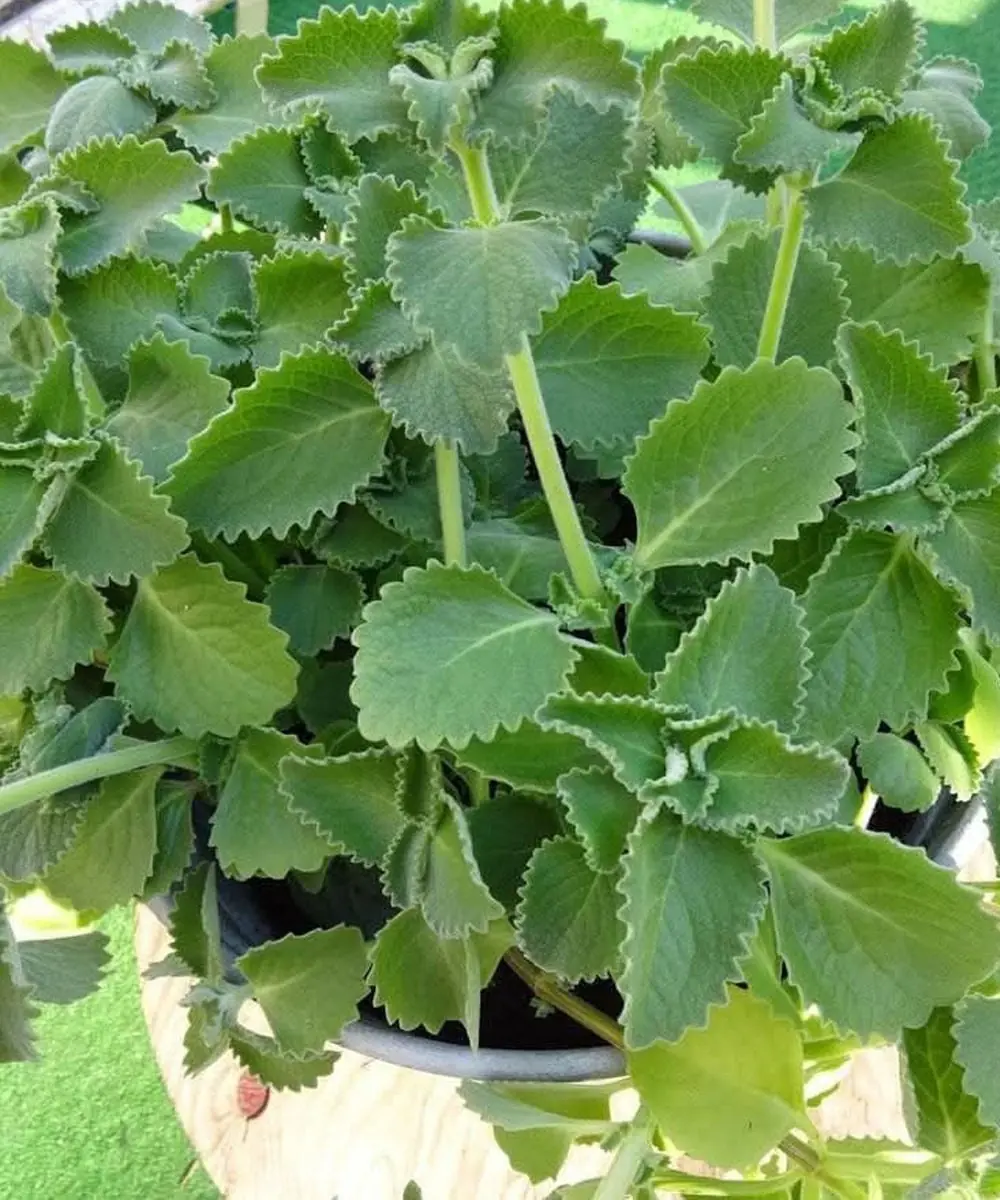
A Scientific Look at Oregano’s Role in Supporting Wellness

Scientists discover ‘stealth bacteria’ from your mouth are hiding in your arteries and triggering heart at:tacks
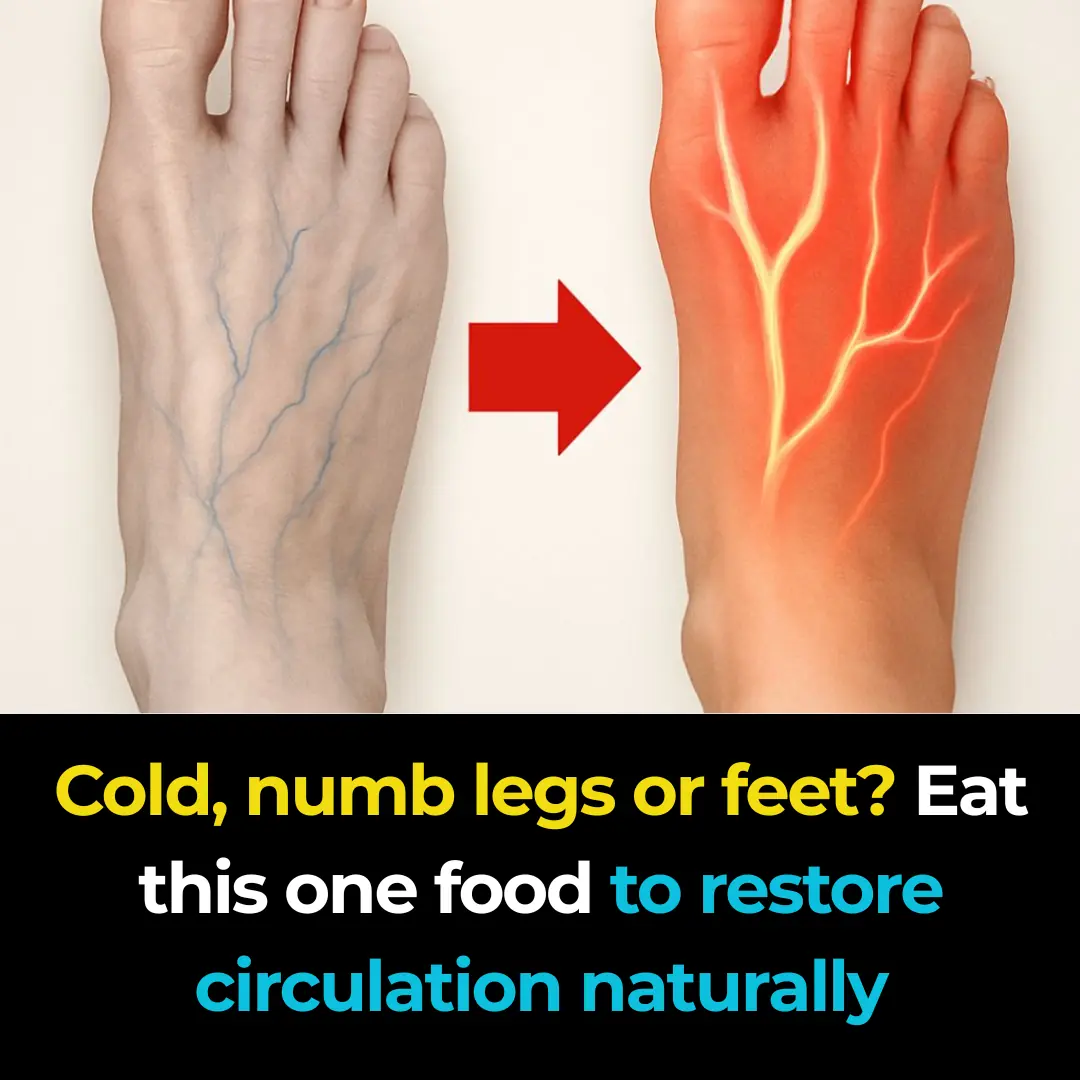
Cold, numb legs or feet? Eat this one food to restore circulation naturally
News Post
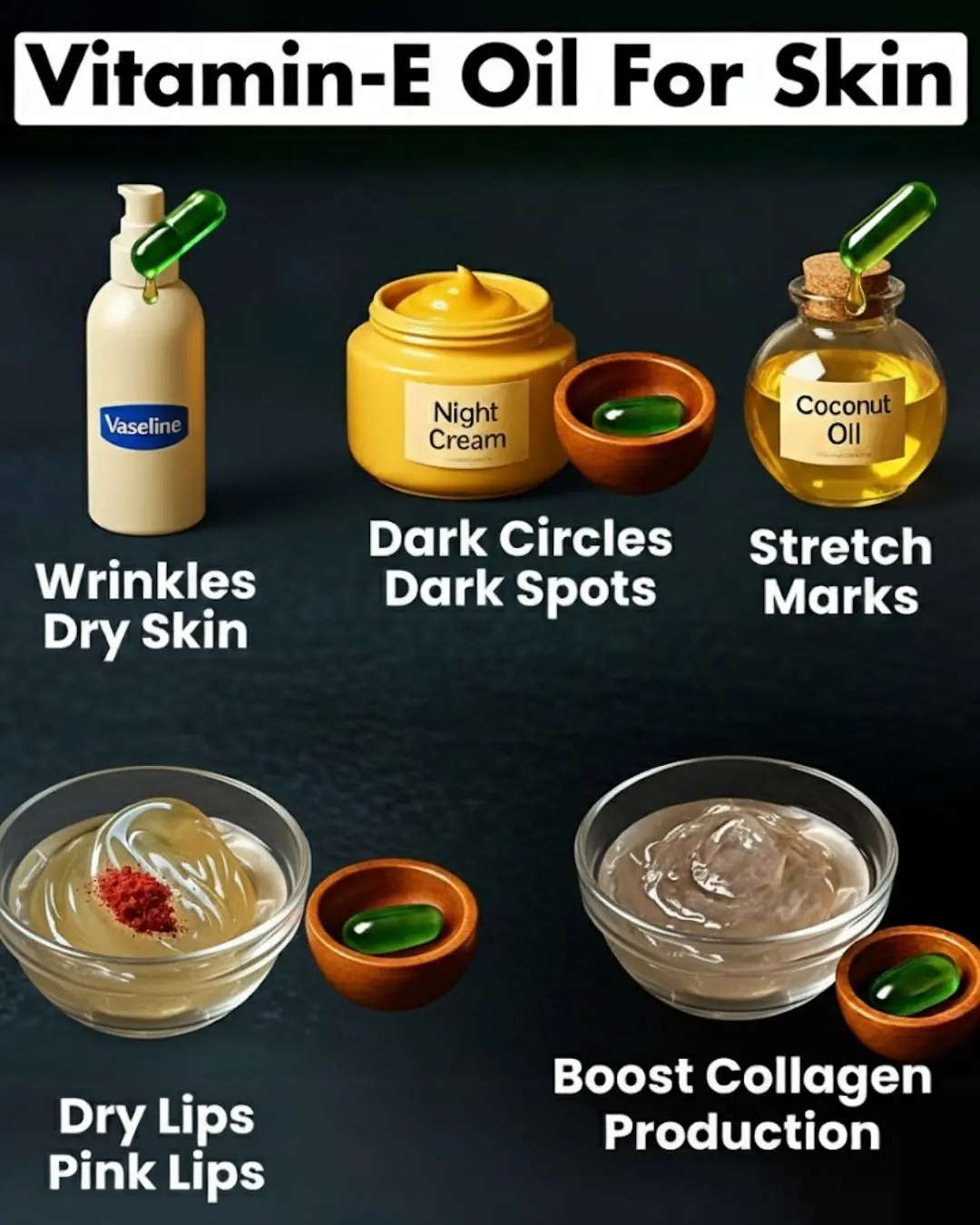
Vitamin E Oil uses for Skin – Glowing Skin, Dark Circles & Wrinkles
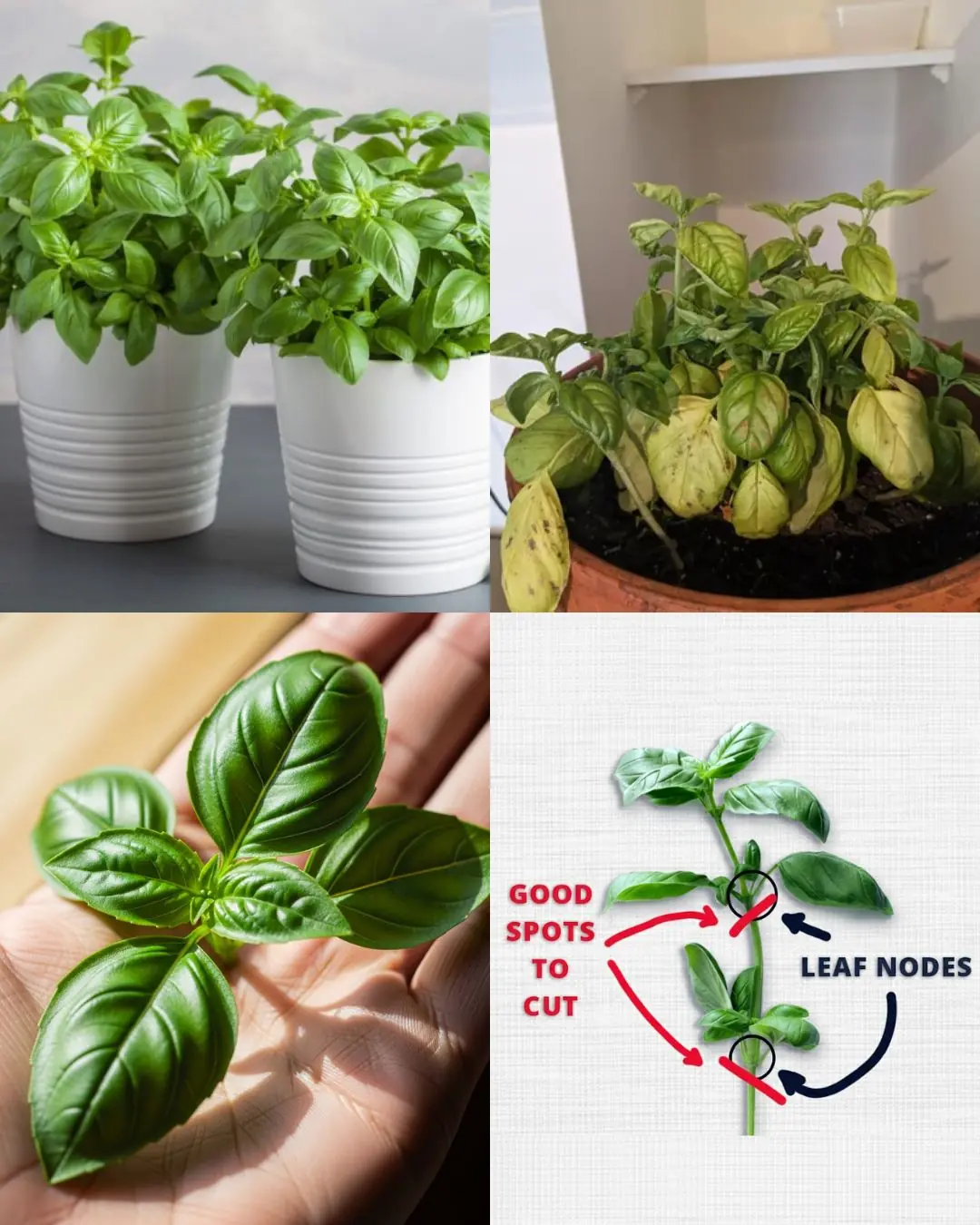
How to Keep Supermarket Basil Alive and Thriving
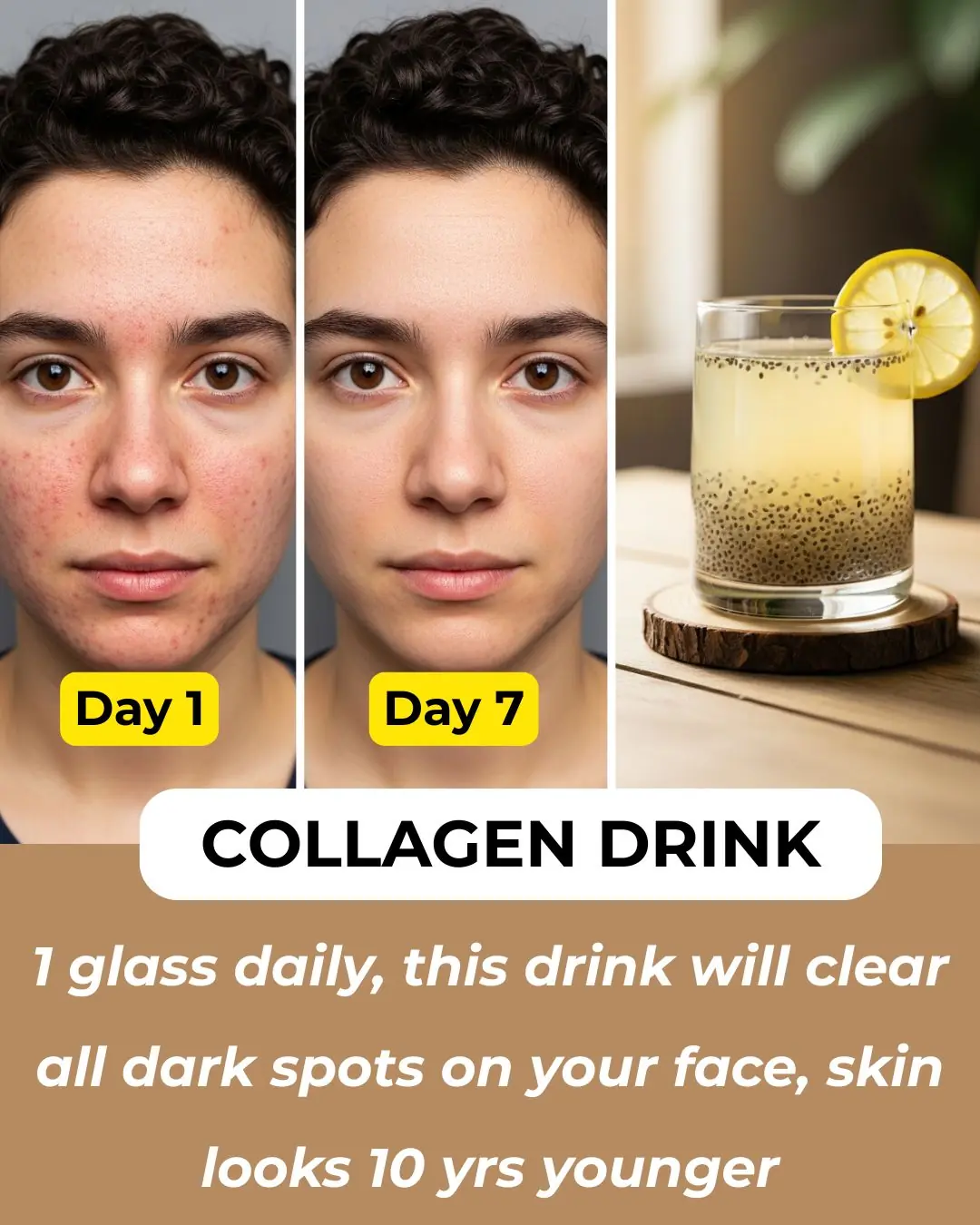
3 Best Detox Drinks for Glowing, Healthy Skin
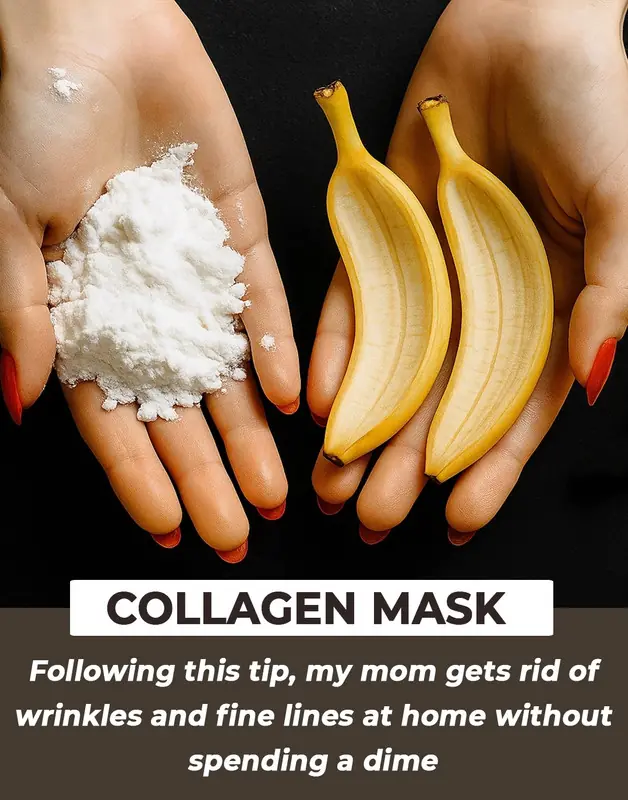
Erase Wrinkles and Fight Signs of Aging with Banana Face Pack: The Ultimate DIY Skincare Remedy

DIY Korean Rice Cream: The Secret to Wrinkle-Free, Glowing Skin Even After 50 – DIY Recipe and Benefits

Anti-Aging Face Mist with Rice Water: Unlock the Secrets to Hydrated, Glowing Skin
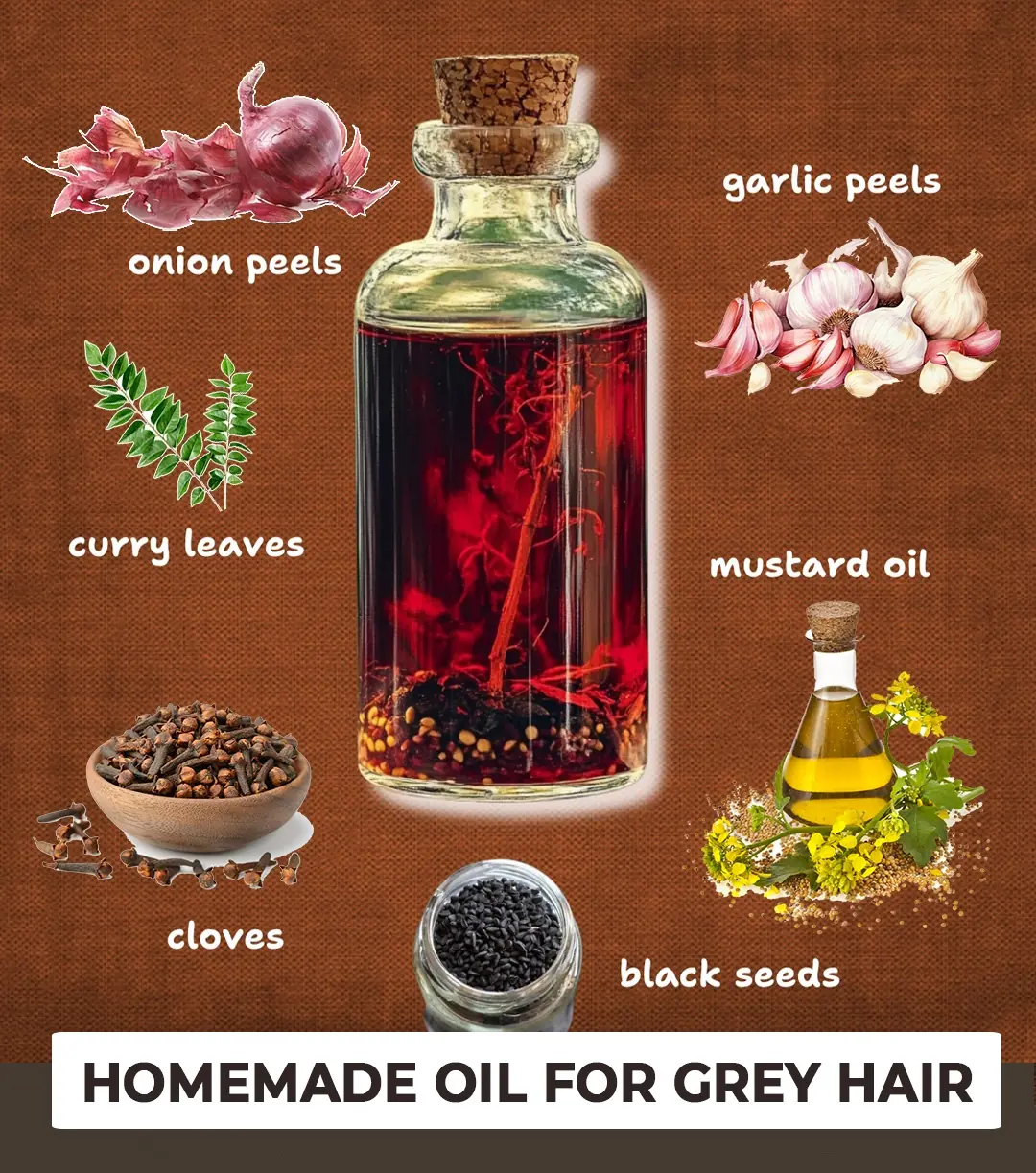
Roasted onion peel treatment for grey hair

Homemade Onion Juice Serum To Grow Thick Eyebrows In Just 1 Week

DIY Aloe Vera Beauty Cubes for Dark Spots, Acne, and Skin Rejuvenation: The Ultimate Skincare Hack

6 Home Remedies to Lighten Dark Underarms | How to get rid of Dark Underarms
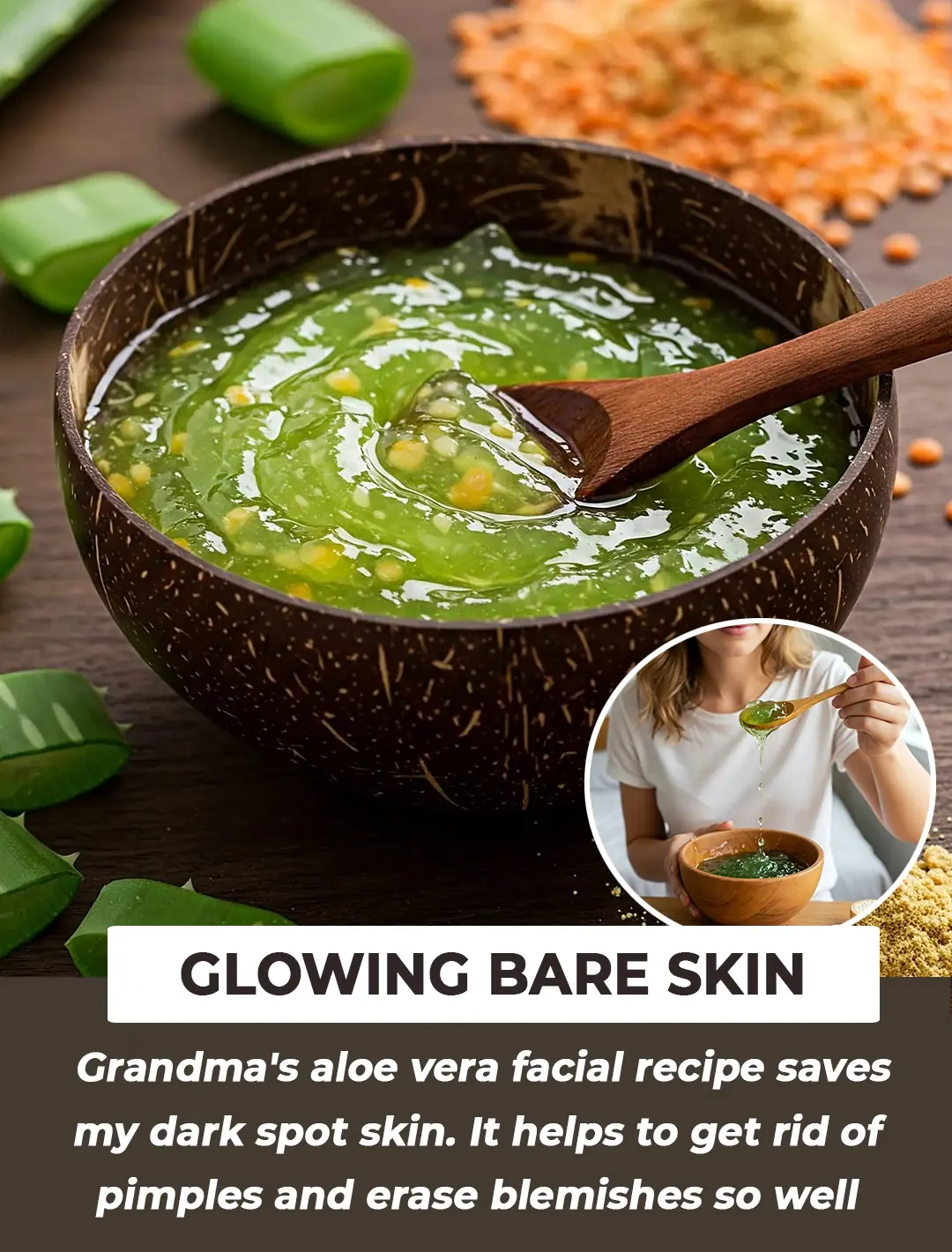
DIY Aloe Vera Facial: A Step-by-Step Aloe Vera Facial for Skin Lightening

How to make banana vinegar with just 4 simple ingredients, and enjoy the delicious final product.

Drinking lemon ginger water provides these 6 amazing benefits for your body

Mosquitoes are most afraid of this bowl of water. Place it in your house, and no matter how many mosquitoes there are, they will all be gone. Sleep peacefully!

Drinking lemon ginger water provides these 6 amazing benefits for your body.

Anyone Whose Hair Is Falling Out Needs To Make This 2-Ingredient Drink Immediately

13 Detox Foods To Flush Out Toxins, Fight Cancer Cells And Relentlessly Hunt Free Radicals

Doctor warns: your ‘healthy’ lemon water habit is actually destroying your liver – here’s what you’re doing wrong
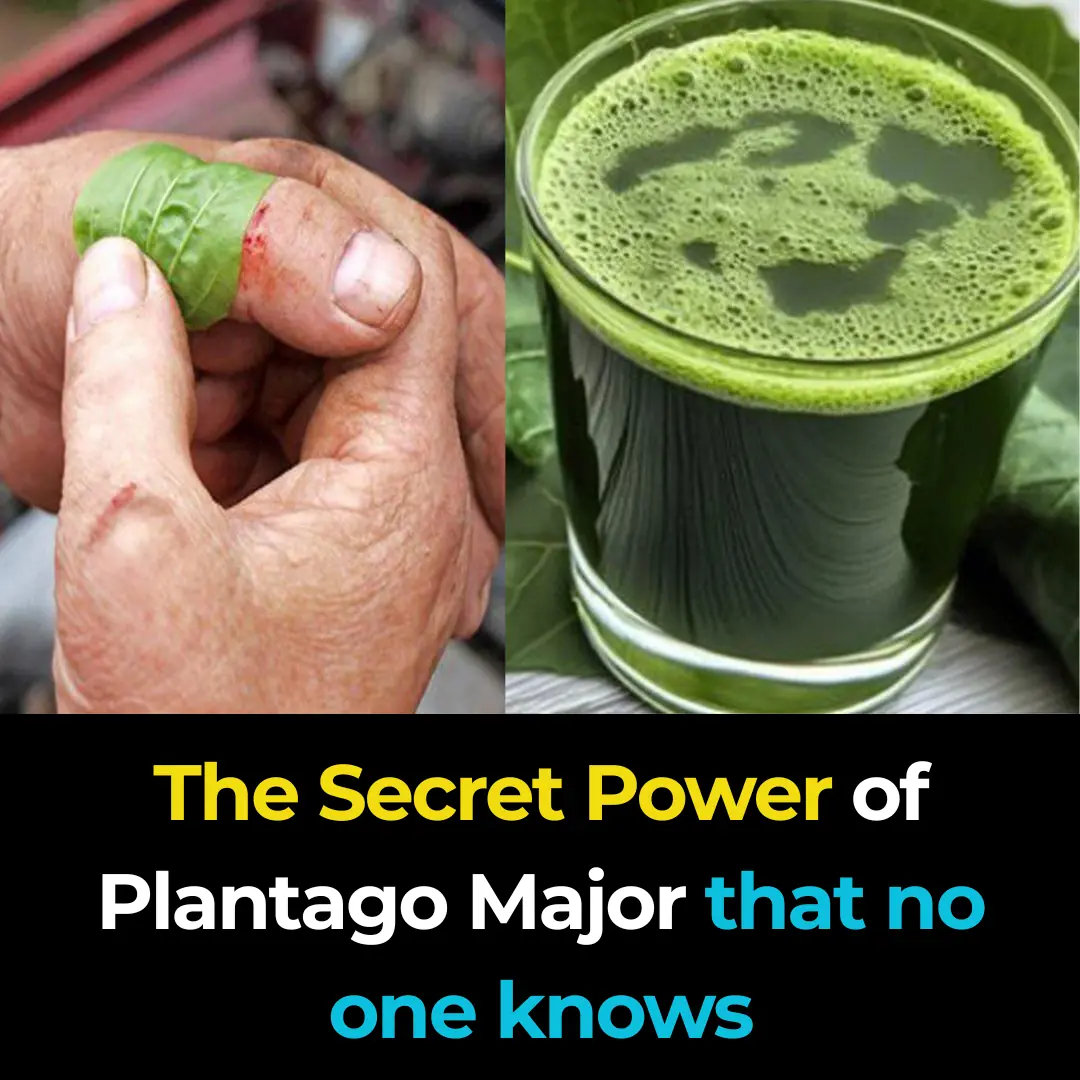
The Secret Power of Plantago Major that no one knows
